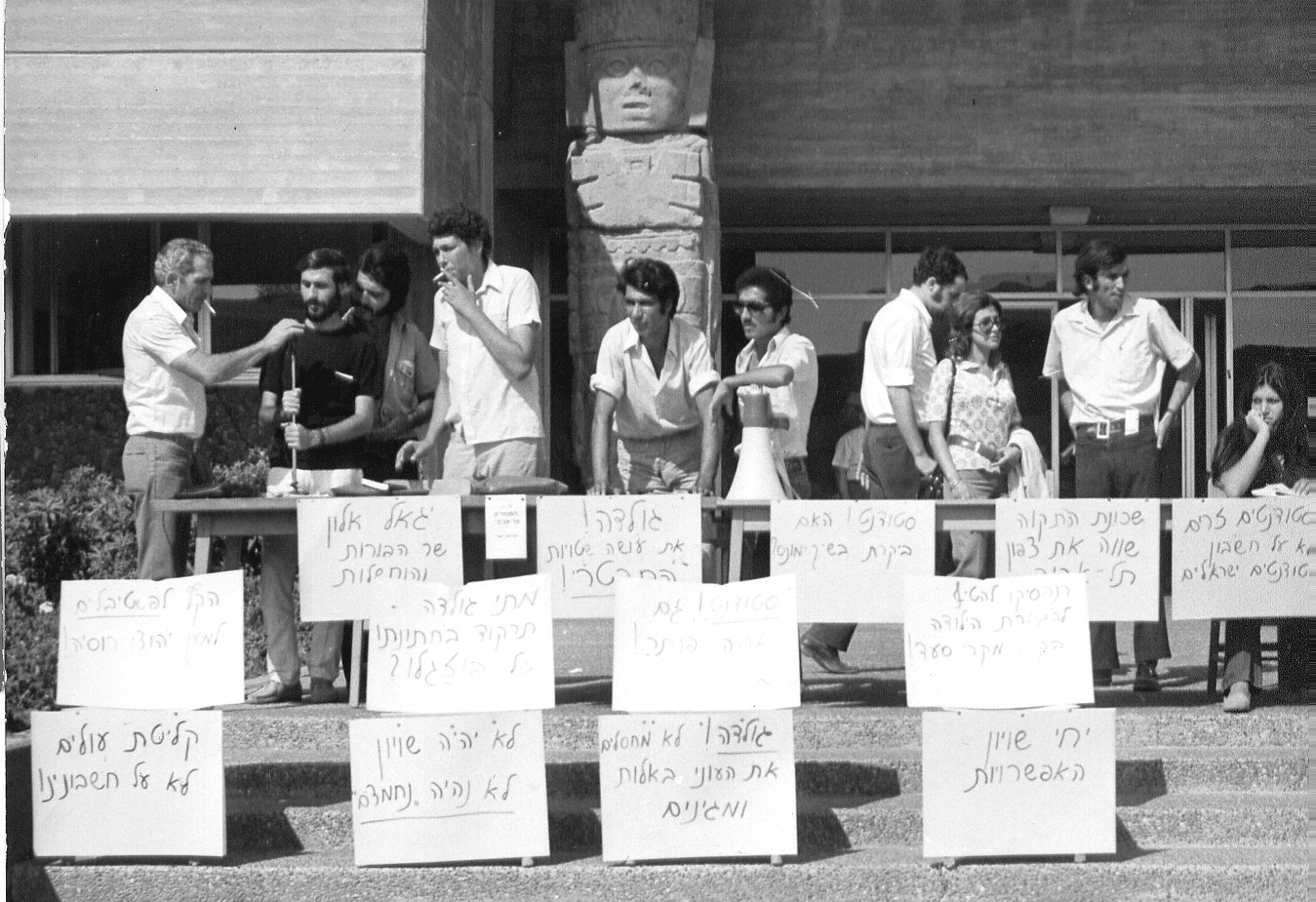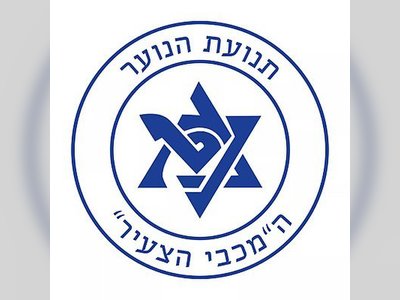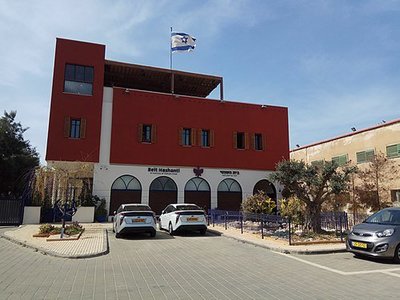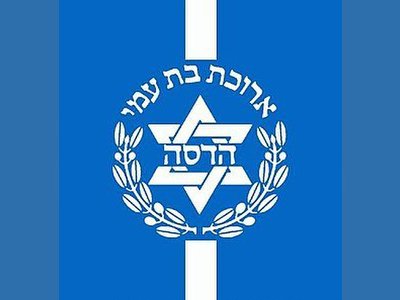מורשת גדולי האומה
בזכותם קיים
beta
The Black Panthers: Israel's Social Protest Movement

The Black Panthers, a grassroots social protest movement, played a crucial role in raising awareness about the discrimination against Mizrahi Jews in Israel during the early 1970s. Although they faced significant challenges and opposition, their activism contributed to positive changes in Israeli society and inspired ongoing efforts to combat inequality and promote social justice.
The Black Panthers was an Israeli protest movement founded in 1971 by young individuals from the second generation of Sephardic and Mizrahi Jews. This documentary-style article explores the origins and objectives of the movement, which aimed to raise public awareness of social issues in Israel related to the discrimination against Mizrahi Jews and their integration into the Israeli society. The movement's name was inspired by a similarly named American movement.
Background:
In the early years of Israel's existence, the country absorbed waves of Jewish immigrants from various countries, including North Africa and the Middle East. Many of these immigrants were of Sephardic or Mizrahi descent, with cultural backgrounds distinct from the predominantly Ashkenazi Jewish population that had established the state. These cultural differences led to disparities in education, employment opportunities, and social status.
The Birth of the Black Panthers:
Amid this backdrop of social inequality, a group of young activists came together to form the Black Panthers in 1971. The movement took its name from a parallel American civil rights movement, symbolizing their shared struggle against discrimination and inequality.
Objectives and Activism:
The Black Panthers aimed to address the social and economic disparities faced by Mizrahi Jews in Israel. They believed that their community had been marginalized and excluded from the nation's power structures. The movement's key objectives included:
1. Raising Awareness: The Black Panthers sought to shed light on the discrimination and injustice faced by Mizrahi Jews. They used demonstrations, protests, and media campaigns to bring attention to their cause.
2. Political Representation: The movement demanded greater representation of Mizrahi Jews in government and public institutions. They called for a more inclusive political landscape that reflected the diversity of Israeli society.
3. Social Change: The Black Panthers advocated for reforms in education, housing, and employment opportunities to address the socioeconomic disparities between Mizrahi Jews and Ashkenazi Jews.
4. Unity: They aimed to foster unity among Mizrahi Jews and build a sense of community identity and pride.
Challenges and Achievements:
The Black Panthers faced significant challenges and opposition from the establishment. The Israeli government viewed them as a threat to the status quo and responded with crackdowns on their activities. However, the movement did achieve some notable successes:
1. Increased Awareness: The Black Panthers succeeded in drawing national and international attention to the issues of discrimination and inequality faced by Mizrahi Jews in Israel.
2. Political Impact: Their activism contributed to the broader social justice movement in Israel, leading to changes in government policies and an increased focus on addressing disparities.
3. Legacy: The Black Panthers left a lasting legacy, inspiring subsequent generations of Mizrahi Jews to continue the struggle for equality and representation.
Background:
In the early years of Israel's existence, the country absorbed waves of Jewish immigrants from various countries, including North Africa and the Middle East. Many of these immigrants were of Sephardic or Mizrahi descent, with cultural backgrounds distinct from the predominantly Ashkenazi Jewish population that had established the state. These cultural differences led to disparities in education, employment opportunities, and social status.
The Birth of the Black Panthers:
Amid this backdrop of social inequality, a group of young activists came together to form the Black Panthers in 1971. The movement took its name from a parallel American civil rights movement, symbolizing their shared struggle against discrimination and inequality.
Objectives and Activism:
The Black Panthers aimed to address the social and economic disparities faced by Mizrahi Jews in Israel. They believed that their community had been marginalized and excluded from the nation's power structures. The movement's key objectives included:
1. Raising Awareness: The Black Panthers sought to shed light on the discrimination and injustice faced by Mizrahi Jews. They used demonstrations, protests, and media campaigns to bring attention to their cause.
2. Political Representation: The movement demanded greater representation of Mizrahi Jews in government and public institutions. They called for a more inclusive political landscape that reflected the diversity of Israeli society.
3. Social Change: The Black Panthers advocated for reforms in education, housing, and employment opportunities to address the socioeconomic disparities between Mizrahi Jews and Ashkenazi Jews.
4. Unity: They aimed to foster unity among Mizrahi Jews and build a sense of community identity and pride.
Challenges and Achievements:
The Black Panthers faced significant challenges and opposition from the establishment. The Israeli government viewed them as a threat to the status quo and responded with crackdowns on their activities. However, the movement did achieve some notable successes:
1. Increased Awareness: The Black Panthers succeeded in drawing national and international attention to the issues of discrimination and inequality faced by Mizrahi Jews in Israel.
2. Political Impact: Their activism contributed to the broader social justice movement in Israel, leading to changes in government policies and an increased focus on addressing disparities.
3. Legacy: The Black Panthers left a lasting legacy, inspiring subsequent generations of Mizrahi Jews to continue the struggle for equality and representation.




